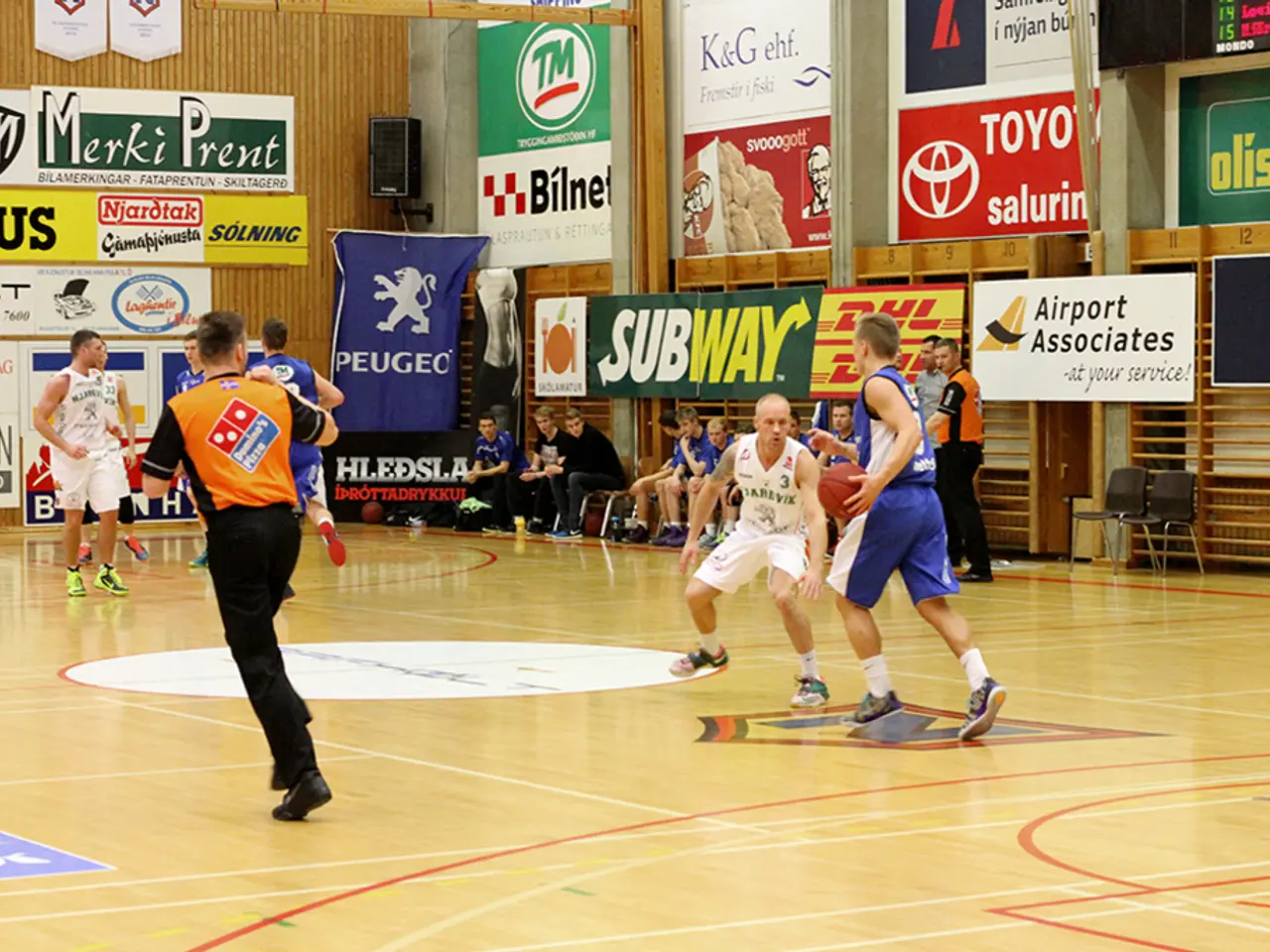Zuckerberg's Business Empire: A Comprehensive Overview of His Possessions
Mark Zuckerberg, the CEO and Chairman of Meta, has been at the helm of the company since its early startup days, steering it to become a global powerhouse. His influence is undeniable, with Meta owning several social media platforms, including Facebook, Instagram, and WhatsApp, which stand as its primary assets.
Zuckerberg's management style is forward-thinking and innovation-driven, pushing his teams to pursue new ideas and build a future-focused company. Under his leadership, Meta has seen significant financial growth and recently rebranded to Meta, signifying its expansion into the metaverse.
Meta is at the forefront of integrating artificial intelligence into consumer experiences and evolving how people connect and communicate through innovative platforms. One such project is Horizon Worlds, an evolving effort to create comprehensive virtual reality experiences.
The company's acquisitions have played a significant role in its growth. In 2012, Meta famously acquired Instagram for about $1 billion in cash and stock. The cost of acquiring WhatsApp was approximately $19 billion, making it the more substantial acquisition. When considering both deals, the combined total is about $20 billion, with WhatsApp's acquisition cost dominating the majority of that figure.
Despite these acquisitions, Meta remains a competitor to other digital giants such as Google and YouTube, which are owned by Alphabet Inc. Snapchat also remains an independent company, continuing to challenge Meta's platforms in the social media arena.
Zuckerberg's endeavors have significantly shaped the landscape of social media and digital interaction, altering industry practices and cultural norms at a global scale. However, his control over Meta, which is at the center of many issues, has raised eyebrows in legal contexts due to his level of control that isn't commonly seen in other public companies.
Zuckerberg's net worth, according to Forbes, fluctuates with the stock market but has consistently placed him among the world's richest individuals. The majority of Meta's revenue comes from advertising, solidifying Zuckerberg's position as a tech mogul and a stable billionaire.
In conclusion, Mark Zuckerberg's impact on the digital landscape is undeniable. His leadership at Meta has led to the creation of innovative platforms, significant financial growth, and a rebranding to reflect the company's focus on the metaverse. Despite facing legal challenges and competition, Zuckerberg continues to push the boundaries of what is possible in the digital world.
- Mark Zuckerberg's focus on entrepreneurship and innovation within Meta has led to a strategic expansion into technological areas, such as artificial intelligence and the metaverse.
- The growth of Meta, under Zuckerberg's leadership, is largely attributed to its shrewd financial strategies, as demonstrated by its high-profile acquisitions of companies like Instagram and WhatsApp.
- Meta's presence in the entertainment industry is also notable, with projects such as Horizon Worlds aiming to revolutionize virtual reality experiences.
- Aside from its dominance in the social media and technology sectors, Meta's influence extends to the lifestyle realm, shaping the way people connect and communicate through its platforms.
- Education and self-development are areas where Meta, through its platforms, plays a significant role, presenting an opportunity for continuous learning and growth.
- The controversial aspect of Zuckerberg's control over Meta, combined with the company's involvement in industries such as gambling (casino and gambling) and sports, adds complexity to his reputation as a tech mogul.




